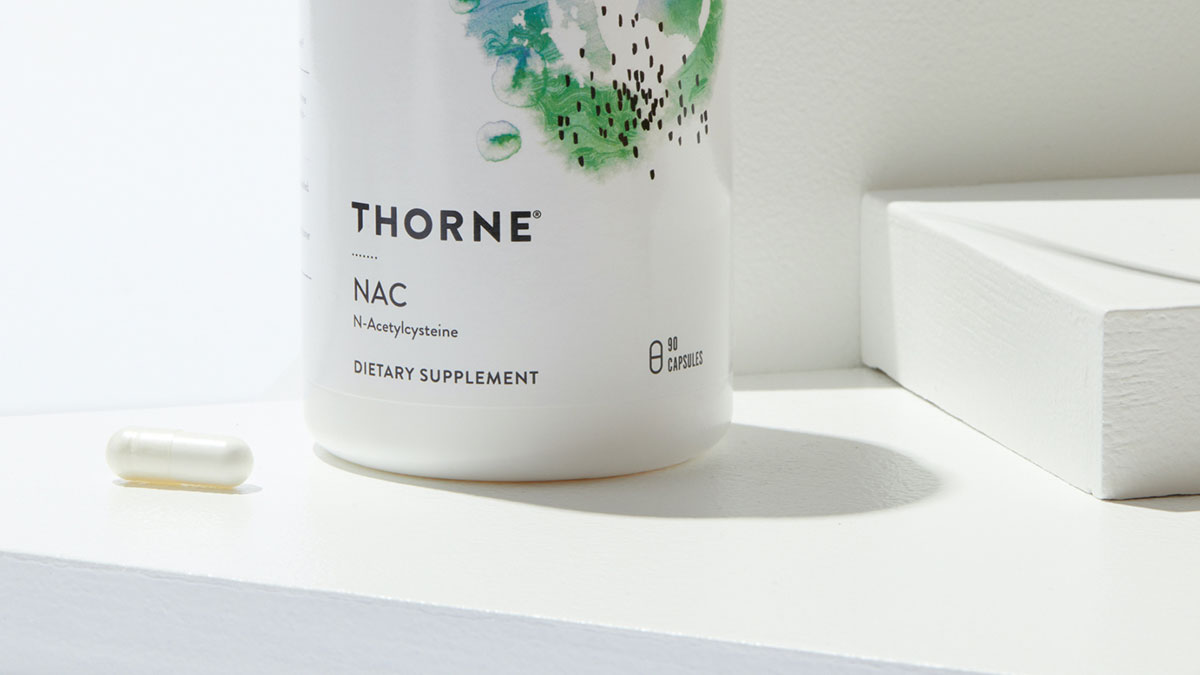Last updated on May 23rd, 2023 at 11:30 am
Why is NAC Banned or Not?
The good news is that as of the update of this article on March 5, 2022 N-Acetyl Cysteine is not banned by the FDA. Warning letters have been sent to multiple manufacturers that invoked the Drug Exclusion Provision in U.S. code Title 21 to ban the sale of n-acetylcysteine (NAC). The drug exclusion provision means is that if there was a prescription drug created for NAC which was done in 1963 according to the FDA and NAC was not marketed as a dietary supplement prior to that, the dietary supplement can be banned in favor of only using it as a drug.

It is very odd that both the prescription version and dietary supplement versions have been living in harmony for over 40 years but all of the sudden in the last year or so the FDA is trying to ban the dietary supplement version of NAC. I’ve done a considerable amount of reading and talking to experts on this and to date, there is not a clear reason that has been presented for banning NAC as a dietary supplement.
The matter is far from settled, however, as Lawyers for the Council for Responsible Nutrition (CRN) has said this exclusion is “legally invalid”. Furthermore, the Natural Products Association (NPA) recently issued a statement advising manufacturers to continue making NAC products and for retailers to continue selling their NAC products on other websites besides Amazon. Only time will tell if N-Acetyl Cysteine will be banned or not but for now, it’s legal and available.
What is NAC – N-Acetyl Cysteine Used For?
N-Acetyl Cysteine otherwise known as NAC has been used for over five decades in clinical medicine. One use is as a mucolytic agent (clearing up mucus), for respiratory infections, lung weakness, and lung diseases. Some examples of diseases where NAC may help would be asthma, sinusitis, chronic obstructive airways disease (COPD), bronchiectasis, chronic bronchitis, cystic fibrosis, and pulmonary fibrosis. PubMed Research has proven that NAC can be used alone, or in combination with antibiotics or other antimicrobial agents, to eradicate some chronic infections.
NAC and Covid
A 2020 study from Therapeutics and Clinical Risk Management suggests that the antioxidant, anti-inflammatory, and immune-boosting properties of NAC may prove beneficial to preventing infection from COVID-19. However, based on its success in treating sepsis, it may also be able to treat those severely ill COVID-19 patients who are most susceptible to the disease, particularly the elderly and those who are immunocompromised (23) NAC’s ability to fight mucus and its ability to boost antioxidant levels in the body is a powerful immune-boosting combination.
1. The Antioxidant Benefits of NAC and Glutathione May Improve Immune Function
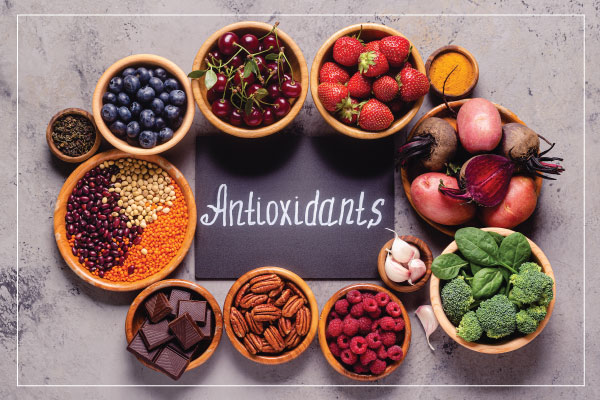
Antioxidants like Quercetin for example are our body’s best friend. They help neutralize free radicals that can damage tissues and cells in your body. Antioxidants are also essential for immune health and fighting cellular damage. Glutathione is one of the body’s most important antioxidants. Its antioxidant properties may help combat oxidative stress from ailments such as infertility, heart disease, and some psychiatric conditions. (25) Some researchers have come to the conclusion that glutathione even contributes to longevity. (24)
You can help your body make and replenish glutathione stores by eating foods such as spinach, avocados, asparagus, and okra. If your body needs an extra boost you can help it replenish glutathione by taking N-Acetyl Cysteine (NAC). Taking two other amino acids, glutamine, and glycine may also help. Some manufacturers such as Pure Encapsulations have formulated popular supplements like NAC plus Glycine Powder to help specifically with glutathione replenishment.
2. Improve Brain Health by Regulating Glutamate and Replenishing Glutathione
We talked in section one about how NAC can help replenish the powerful antioxidant glutathione. Glutathione has been shown to help reduce oxidative damage to brain cells associated with aging. (26)
NAC also has been shown to regulate brain glutamate levels. Glutamate is a neurotransmitter that is involved in a range of behavior, memory, and learning actions. NAC’s ability to replenish glutathione and regulate glutamate may have direct benefits to those with memory or brain ailments.
Parkinson’s disease is known to cause deterioration of cells that generate the neurotransmitter dopamine. The disease is known to cause oxidative damage to cells as well as a decrease in antioxidant ability. NAC supplements have shown improvement in symptoms such as tremors as well as dopamine production.
3. Helps With Detoxification to Reduce Kidney and Liver Damage
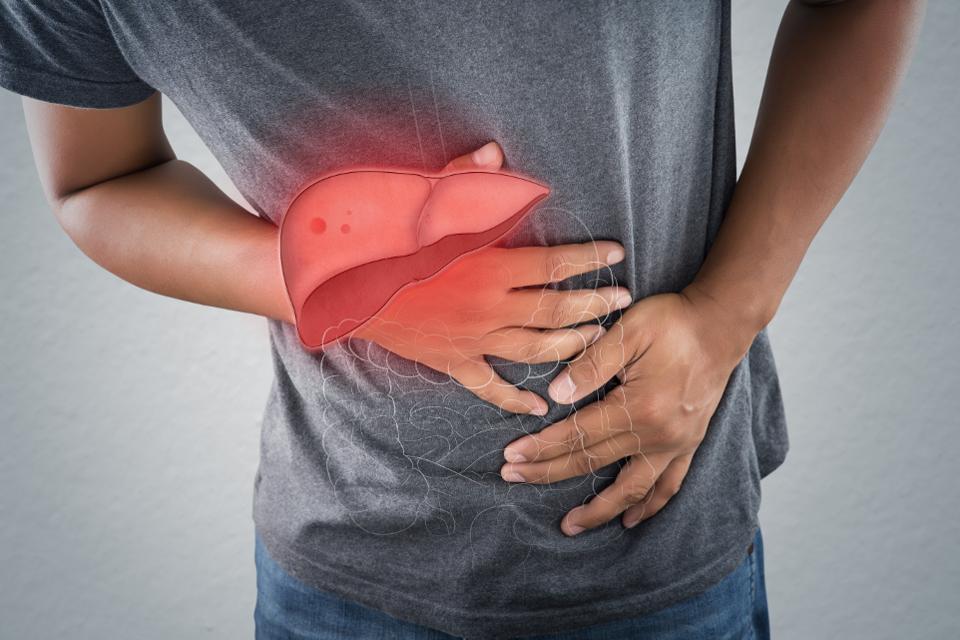
NAC is used frequently in hospital settings. For example, when a patient comes in with an acetaminophen overdose the standard protocol is to use intravenous NAC to protect the liver and help the body excrete the toxins from the overdose. It does this by replenishing levels of glutathione which is one of the body’s most important antioxidants.
The liver stores glutathione. Think of it like the sawdust that absorbs an oil or gas spill in the garage. It’s super handy and then it’s easily swept up and disposed of after it absorbs the oil or gas. In this case, glutathione is absorbing the toxic aftershock of the acetaminophen overdose. If large doses of acetaminophen were taken the glutathione in the liver may run out and the body doesn’t have enough to detoxify the bad stuff the acetaminophen the body is producing.
NAC is a glutathione precursor meaning it helps the body replenish glutathione which helps the body restore its depleted levels. Don’t take my word for it as a double-blind, placebo-control study showed a 28% reduction in mortality when IV NAC was administered after an acetaminophen overdose.(6)
4. Helps To Avoid A Hangover
This certainly doesn’t mean you should try and test the limits of NAC’s ability to help avoid a hangover but there is some science behind this. Drinking alcohol draws down glutathione stores and taking NAC is one of the most effective ways to build glutathione back up so you may want to consider NAC for your nights out on the town. Please make sure and drink responsibly.
5. Helps Relive Respiratory Symptoms
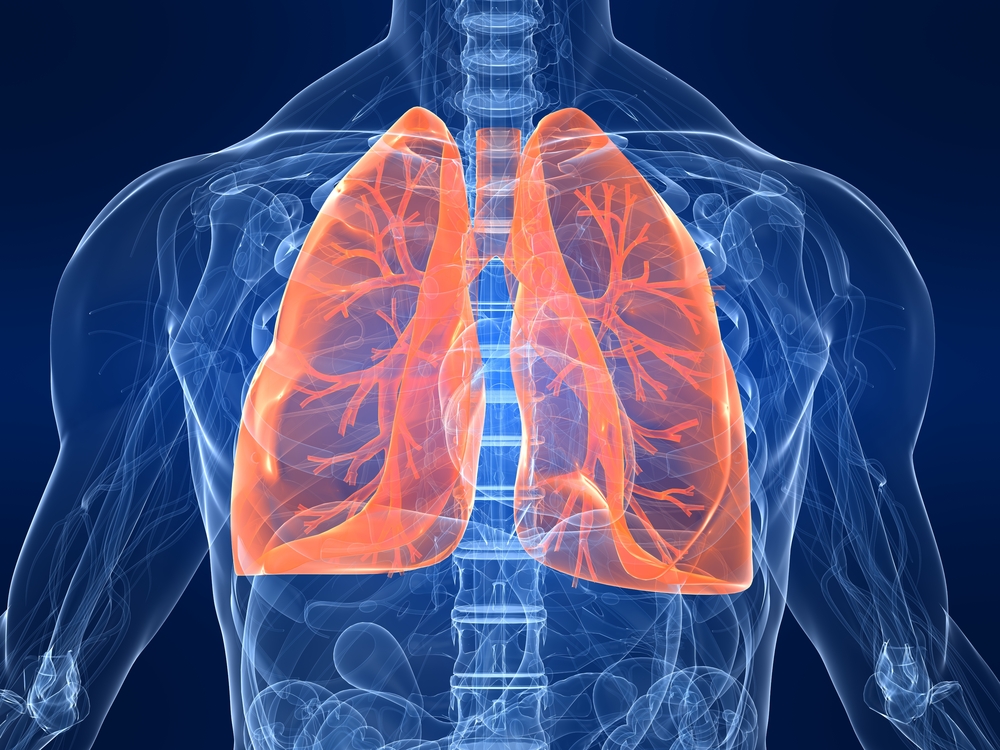
NAC is a natural mucus sledgehammer and by acting as an antioxidant NAC can reduce expectorant and loosen mucus in your airways which can reduce symptoms of respiratory conditions. N-Acetylcysteine replenishes glutathione levels in your lungs which helps to reduce inflammation in your lung tissue and bronchial tubes.
People with COPD have long recognized NAC as an effective way to improve COPD symptoms and lung decline as evidenced in a one-year study. Participants in the study took 600mg of NAC twice and day and the result was significantly improved lung function in those with stable COPD. (7,8,9,10)
People affected by chronic bronchitis may also benefit from NAC. Bronchitis occurs when the mucous membranes in your lungs’ bronchial passageways become inflamed, swell and shut off airways to your lungs. NAC may help thin the mucus in your bronchial tubes. It will also boost glutathione levels which can decrease the severity and frequency of wheezing, respiratory attacks, and coughing that are a part of bronchitis. (11,12)
In addition to relieving COPD and bronchitis, NAC may improve other lung and respiratory tract conditions like cystic fibrosis, asthma, and pulmonary fibrosis. It may also relieve symptoms of nasal and sinus congestion due to allergies or infections. (13)
6. May Improve Addictive Behavior and Psychiatric Disorders
NAC is a powerful antioxidant that helps regulate glutamate which is the most important neurotransmitter in your brain. If you have too much glutamate along with too little glutathione (remember that NAC helps increase glutathione production) it can actually cause brain damage.
This combination of too much glutamate and too little glutathione may contribute to adverse mental health conditions. Some examples would be addictive behavior, schizophrenia, bipolar disorder, and obsessive-compulsive disorder (OCD). (14,15,16,17)
An animal study found that NAC may minimize effects such as social withdrawal, apathy, and reduced attention spans found in people suffering from schizophrenia.(18) NAC has also been used to decrease withdrawal symptoms in everything from cocaine addicts to marijuana and nicotine addicts. Preliminary studies show that it may decrease cravings. (19,20,21,22)
Does NAC Affect Sleep?

There’s good news around NAC and sleep. Experts have found that high levels of glutathione in the body may help you sleep better. In one study, it was found that those who had increased levels of glutathione were able to fall asleep easier at night and wake up refreshed in the morning. Moreover, it was found that the body is able to naturally produce more glutathione during sleep. N-Acetyl-Cysteine helps to replenish intracellular glutathione therefore it may help support both a longer and more restful sleep.
For those with sleep apnea, there have been a few specific studies supporting NAC. From one of those studies(1) if you have obstructive sleep apnea syndrome (OSAS) taking oral NAC “appears to have therapeutic potential”. The study also proposed that “long-term treatment with NAC in patients with OSAS may reduce their dependency on continuous positive airway pressure therapy otherwise known as CPAP machines. If you’ve ever been hooked up to a CPAP machine and I have if there were a way to get off of it I’d do pretty much anything.
When to Take N-Acetyl Cysteine
Single amino acid supplements, like N-Acetyl Cysteine, are best taken on an empty stomach. The absorption of amino acids can be affected by the foods you take them with and by other amino acids. When you take NAC will depend on why you’re taking it. If you plan to use NAC to promote athletic performance, it’s good to take it early in the day. Studies have shown that NAC can produce improved physical exercise performance, but only if it’s taken well before your workout or sporting event. It can take your body about an hour to break down NAC into L-Glutathione. For this reason, you’ll probably get the best results if you take your NAC supplements in the morning.
If you’re taking NAC to improve a lung condition lung issues can be worse at night when you’re lying still and breathing more slowly. Mucus can build up during the night making your breathing labored. Taking NAC an hour or so before bedtime can be a good strategy to support lung health.
Is NAC Safe To Take Everyday
There have been multiple studies including (this one) showing the efficacy and safety of taking NAC over prolonged time periods. It appears from various studies that there is no known reason why NAC shouldn’t be taken over extended periods.
When Should I Take NAC?
NAC with or without food is a common question we get. NAC should be taken either 30 minutes before, or two hours after, eating to avoid competing with protein for absorption. If you have a cold or the flu taking NAC as soon as the symptoms appear should be beneficial.
Can You Take NAC with Vitamin C
NAC has no known interactions with Vitamin C and is safe to take as long as the quantities of NAC and Vitamin C you are taking are within the suggested manufacturer’s recommendations. We suggest double-checking with your health care practitioner before taking any new supplements as well as ensuring any supplements you take are properly dosed for your specific needs.
How Long Does it Take NAC to work?
Before NAC can go to work to help your body function at its best, NAC needs to be converted into L-Glutathione. This takes at least a full hour after you take your supplement. After an hour or two, you should start to see an improvement in things like lung function and energy levels. It’s recommended to take NAC between meals or before meals. Some conditions may require long-term regular use of NAC before you see any improvement, so it’s important to persevere and make sure whatever plan you have for NAC is approved by your health care practitioner.
NAC Dosage
Your body can produce cysteine naturally therefore there isn’t a specific dosing recommendation and you should consult your healthcare practitioner for a personalized dosing schedule. As a supplement, NAC is not especially well absorbed. For most manufacturers, the daily supplement recommendation is anywhere from 600mg – 1800mg of NAC. (4)(5)
If you’re looking to get more NAC in your natural diet you can look to protein-rich foods. Specifically, eggs, cheese, yogurt, chicken, turkey, ostrich, and legumes are good sources.
What are the side effects of NAC – N-Acetyl Cysteine?
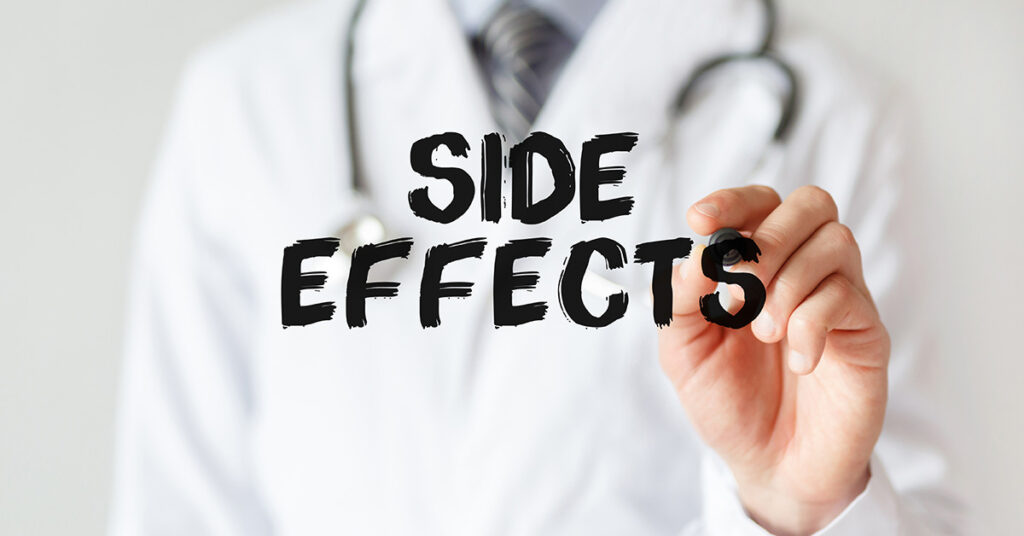
Before taking any supplements please consult with your healthcare practitioner to make sure they are right for you and won’t cause any unsafe interactions. NAC has been around for over 50 years both in prescription drug form and as a dietary supplement and is generally considered safe.
NAC may slow blood clotting so people taking blood-thinning medications or with bleeding disorders should not take NAC.(2) NAC in higher amounts can cause diarrhea, constipation, nausea, or vomiting and if you experience any of these symptoms please stop taking NAC and consult your healthcare practitioner.
NAC has an odor in powder form that can make it hard to consume so it’s recommended to be consumed in capsule form. NAC should not be inhaled as people have experienced symptoms such as swelling of the mouth, chest tightness, runny nose, and drowsiness. (3)
What is a Good Brand of NAC?
A good brand is one that is independently tested, whose manufacturing processes are certified by a reputable organization, and that regularly tests and certifies its raw ingredients against any impurities. It’s a plus for them to make all their products with non-GMO and hypoallergenic ingredients. From the last 15 years in business, we trust the following brands that make a NAC product:
- Pure Encapsulations NAC (NAC 600mg | NAC 900mg | PureDefense with NAC) – Pure NAC
- Douglas Labs NAC (NAC 900mg)
- Vital Nutrients NAC (NAC 600mg)
- Nutridyn NAC (NAC 600mg)
- Integrative Therapeutics NAC
NOTHING IN THIS WEBSITE IS INTENDED AS OR SHOULD BE CONSTRUED AS MEDICAL ADVICE. ANY HEALTHCARE AND/OR NUTRITIONAL MATERIAL CONTAINED IN THIS WEBSITE IS FOR CONSUMER INFORMATIONAL AND EDUCATIONAL PURPOSES ONLY. SUCH MATERIAL IS NOT INTENDED AS MEDICAL ADVICE FOR CONDITIONS OR TREATMENT, NOR IS IT INTENDED AS A SUBSTITUTE FOR A MEDICAL EXAMINATION BY A HEALTHCARE PROFESSIONAL. CONSUMERS SHOULD CONSULT THEIR OWN HEALTH CARE PROFESSIONALS FOR INDIVIDUAL MEDICAL RECOMMENDATIONS.
The above statements have not been evaluated by the FDA and are not intended to diagnose, treat or cure any disease.
References
- Anti-oxidant treatment in obstructive sleep apnoea syndrome
- https://www.ncbi.nlm.nih.gov/pmc/articles/PMC3036554/
- https://www.ncbi.nlm.nih.gov/pubmed/19280424
- https://www.ncbi.nlm.nih.gov/pubmed/3803419
- https://www.ncbi.nlm.nih.gov/pubmed/3803419
- https://www.ncbi.nlm.nih.gov/pubmed/1954453/
- https://www.ncbi.nlm.nih.gov/pubmed/27117852
- https://www.ncbi.nlm.nih.gov/pmc/articles/PMC2706612/
- https://www.tandfonline.com/doi/abs/10.3109/15412555.2013.858315
- https://www.ncbi.nlm.nih.gov/pmc/articles/PMC4744393/
- https://www.ncbi.nlm.nih.gov/pubmed/10743980
- https://www.ncbi.nlm.nih.gov/pubmed/12486618
- http://erj.ersjournals.com/content/16/2/253.short
- https://www.sciencedirect.com/science/article/pii/S030441651300144X
- https://www.ncbi.nlm.nih.gov/pmc/articles/PMC3044191/
- https://www.ncbi.nlm.nih.gov/pubmed/27137430
- https://www.ncbi.nlm.nih.gov/pubmed/26931055
- https://www.ncbi.nlm.nih.gov/pubmed/27163208
- https://www.ncbi.nlm.nih.gov/pubmed/19581567
- https://go.skimresources.com/?id=41977X1601025&isjs=1&jv=15.1.0-stackpath&sref=https%3A%2F%2Fwww.healthline.com%2Fnutrition%2Fnac-benefits%23TOC_TITLE_HDR_4&url=https%3A%2F%2Fwww.nature.com%2Farticles%2Fnpp201266&xguid=01DKAG1D55F2R7NCDZRSQYPJFY&xs=1&xtz=240&xuuid=68c8f02b8fbcce49bf37ab1f9f6dc790&xjsf=other_click__auxclick%20%5B2%5D
- https://www.ncbi.nlm.nih.gov/pmc/articles/PMC2826714/
- https://link.springer.com/article/10.1007%2Fs40263-014-0142-x
- Shi Z, Puyo CA. N-acetylcysteine to combat COVID-19: An evidence review. Therapeutics and Clinical Risk Management. 2020;16:1047-1055.
- S-linolenoyl glutathione intake extends life-span and stress resistance via Sir-2.1 upregulation in Caenorhabditis elegans
- Mechanisms underlying the cardioprotective effect of L-cysteine
- Glutamate
- Magnesium Threonate: An Honest Buying Guide for Health Enthusiasts - March 21, 2024
- Magnesium Citrate Vs Glycinate: 5 Key Differences And Benefits - March 14, 2024
- How to Pick the Best Magnesium Glycinate Supplement for You - March 7, 2024
